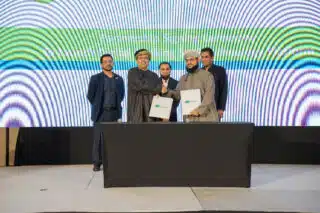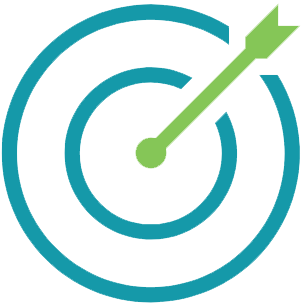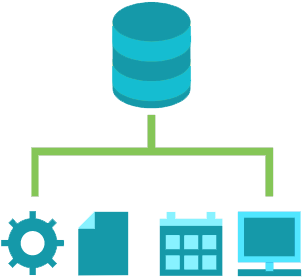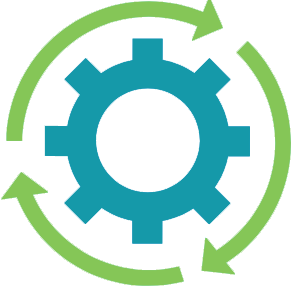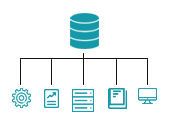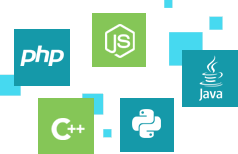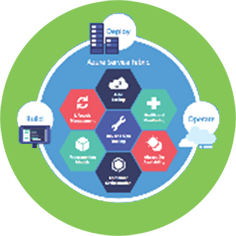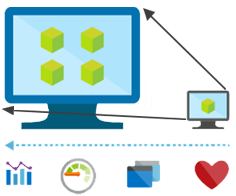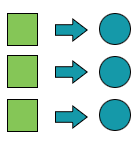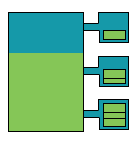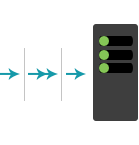MUSCAT, October 2020
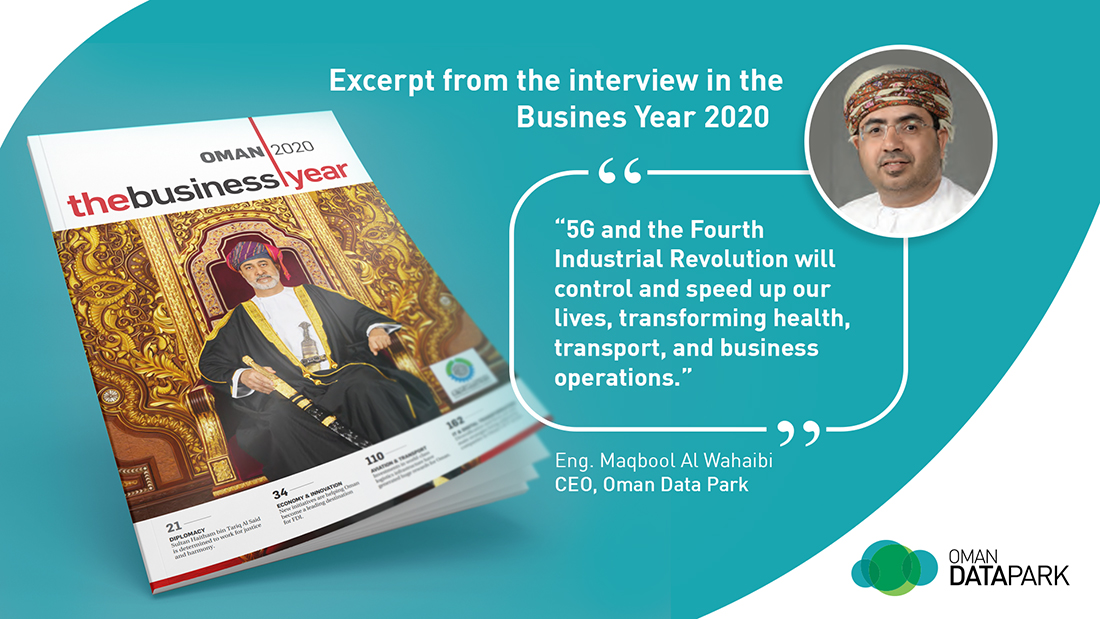
The Data Park provides outsourced ICT services, cybersecurity, and virtual data centers to help all businesses stay ahead of the Fourth Industrial Revolution.
What have been the major highlights in the past year for TDP?
With the goal of diversification and gaining a competitive advantage over international players, we introduced Professional Services as a Service (PSaaS) to our portfolio. Since having begun our operations in 2012, TDP has accumulated a host of expertise both in the lines of top-notch certifications and local know-how in managing the various ICT challenges that are associated in this fast-paced, technologically-driven world. We understand that businesses of today have enough challenges focused on their growth, and we would like to address their ICT challenges through our PSaaS through offering advocacy and consultations for infrastructure, software, disaster recovery, back-up, collocation, monitoring and classical services, so that businesses can focus on their core services. The banking sector, as well as the public sectors, have shown great interest in outsourcing as much as possible to reduce operational costs, and our PSaaS are at the forefront in guiding them to the right decisions. 2019 was also when we introduced our Cyber Security Centre, the first of its kind in Oman. Implementing a key element of our diversification strategy, TDP’s Cyber Security Centre helped in turning a costly center into a profit-making center by sharing our knowledge with clients based on our three data centers. Security sits in the DNA of TDP, and the trust element is our competitive advantage in the cybersecurity field. For now, many of these cybersecurity initiatives are more reactive; however, with AI, the Fourth Industrial Revolution will be more proactive, and we aim to use these industrial developments to serve our nation and our customers better. We are also proud of our engagement with Microsoft after we launched Azure Stack Services, making it another first for Oman. This introduction of such world-class cloud solutions locally means that clients can save money and can offer better quality services, since their data can now stay within Oman’s national boundaries.
What are the main implications of the first virtual data center (VDC) as a service?
We have launched Nebula, the first VDC in Oman that offers a full range of data center facilities from computing, storage, and networking to network security services on an OPEX model. Through Nebula, TDP provides data center infrastructure and facilities for rent or lease, along with the ability for customers to increase their usage requirements on demand. We offer two additional options of Nebula services: Lagoon Nebula offers a very competitive pricing model to meet the most stringent budgets, while Eagle Nebula targets entities wanting their own dedicated VDC, “5G and the Fourth Industrial Revolution will control and speed up our lives, transforming health, transport, and business operations.”
Which we can set up in less than a day and ship to customers anywhere in the world. Future plans include expanding and introducing Eagle Nebula to other Middle East countries, Africa, and eventually other international markets. The physical data center will vanish in the next 10 years, and virtual cloud data centers will take over, as we are jumping into the Fourth Industrial Revolution, with 5G as the catalyst.
What will be the main implications and risks of the full adoption of IoT?
As with any technologies, such as the introduction of GSM or the internet, there are pros and cons; however, the advantages always come up top. 5G and the Fourth Industrial Revolution will control and speed up our lives, transforming health, transport, and business operations. The revolution will be real; it just needs the proper infrastructure and time. Security will be a major concern, taking into account what is happening geopolitically today. Hacking disrupts systems, and, without an empowered cyber security in place, data can easily be compromised. The role of the government will thus be more shaped around the legislative aspect, to ensure this sector becomes more process-oriented and satisfies legal measures in terms of preserving and securing data. Data will dominate the whole world, be it from a business, economic, social, or political perspective. Data will have a deep impact, not only on assets, but also on health, which is why there needs to be proper legislative measures and an international effort mandated by international organizations around the Fourth Industrial Revolution.




